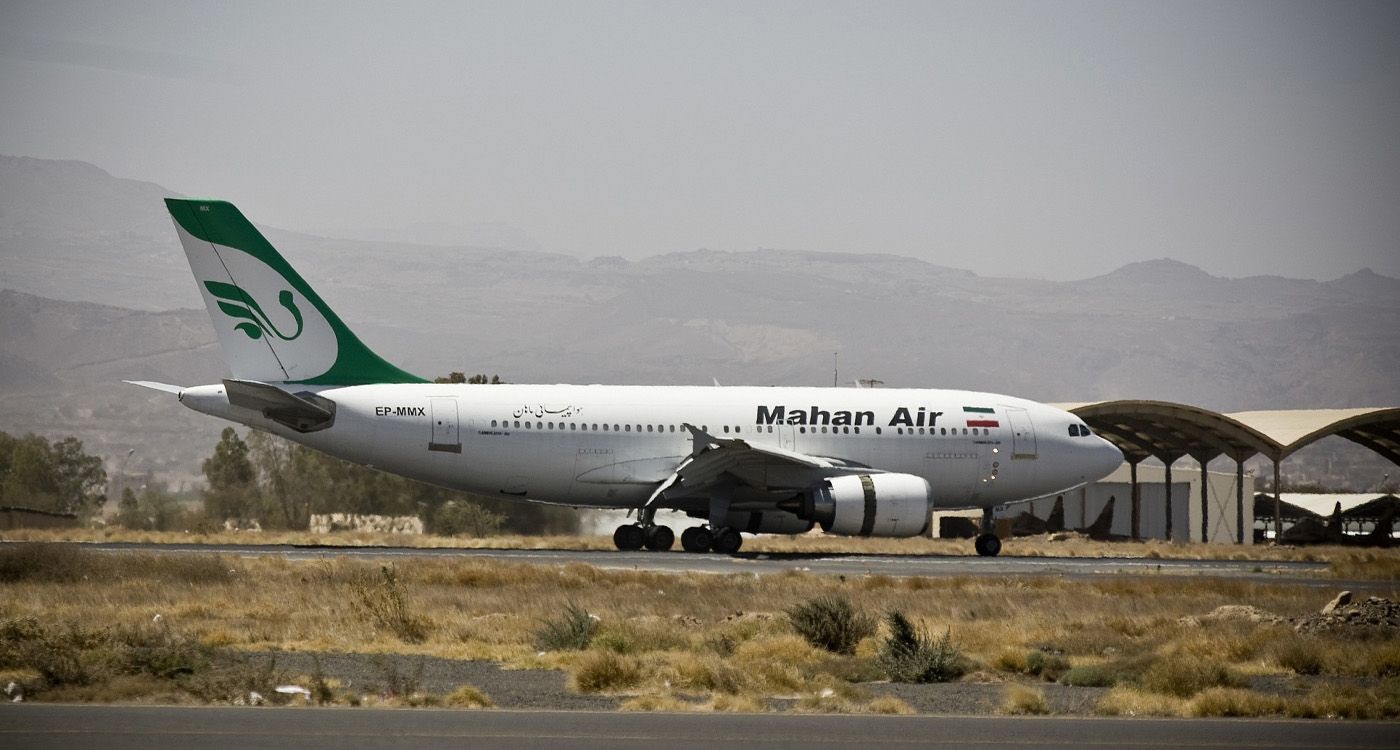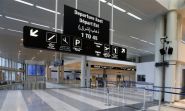
Tensions between Lebanon and Iran heightened on Friday after a Lebanese decision to prevent two Iranian planes from landing at Beirut’s International Airport (BIA), which led to protests along the airport road and required intervention from the Lebanese Army (LAF). The aircraft in question were operated by Mahan Air, a private Iranian airline that frequently runs flights between Tehran and Beirut and is used by the Iranian Pasdarans for their operations.
Iran’s Official Position
Iran’s Ambassador to Lebanon, Mujtaba Amani, said on Friday that Iran is open to the resumption of Lebanese flights, but insisted it should not come “at the expense of canceling Iranian flights.” He emphasized, “we are working hard to restore both Iranian and Lebanese airline operations to their previous state.”
In turn, Iran’s Foreign Ministry also weighed in, accusing Israel of “disrupting normal flights” by threatening a passenger plane carrying Lebanese citizens. While the nature of the threat was not specified, it followed comments from Israeli military spokesperson Avichay Adraee, who warned that Israel’s army was prepared to “thwart” any efforts to transfer funds or weapons to Hezbollah.
Ministry spokesman Esmaeil Baqaei condemned Israel’s actions as “gross violations” of international law and Lebanon’s sovereignty. He called on the International Civil Aviation Organization and other global bodies to intervene and stop what he described as Israel’s “dangerous behavior.”
Earlier in the day, Iran’s Civil Aviation Authority did not authorize two Middle East Airlines (MEA) to land at its airport. It responded to a request from the MEA by indicating that it needed to go through the Lebanese Ministry of Foreign Affairs, in accordance with bilateral regulations. The Lebanese ambassador to Iran confirmed coordination was taking place but warned that delays were likely due to the public holiday in Iran. The Lebanese embassy in Tehran received MEA’s request, and the ambassador was preparing to submit an official letter to the Iranian Foreign Ministry for approval.
Lebanese Foreign Minister Youssef Rajji confirmed that his ministry was in “intensive contacts” with the Ministry of Public Works and Transport, the Civil Aviation Authority, MEA, and the Lebanese Embassy in Tehran to ensure the swift return of Lebanese citizens. In an interview with Al-Jadeed TV, Rajji revealed that negotiations are ongoing between the Lebanese and Iranian foreign ministries, mediated by Lebanon’s ambassador in Tehran, to resolve the issue. He stated that while the Foreign Ministry is focused on the political aspects, MEA is managing the technical side of the negotiations.
Meanwhile, Lebanon’s Ministry of Public Works and Transportation confirmed that it is actively monitoring the situation. Minister Fayez Rasamny is reportedly coordinating efforts with the Foreign Ministry and MEA to ensure the prompt and dignified return of Lebanese nationals. The ministry also noted that passengers can use alternative routes through neighboring countries without incurring additional costs.
Additionally, the Ministry emphasized the importance of adhering to international aviation standards at Rafic Hariri International Airport to ensure its continued operation.
Security Measures and Deadline
On Thursday, Lebanon’s Directorate General of Civil Aviation announced that some flights, including those from Iran, had been “temporarily rescheduled” until February 18 due to “additional security measures.” This date coincides with the deadline for the full implementation of a ceasefire agreement between Israel and Hezbollah.
In the meantime, Hezbollah supporters have once again blocked roads leading to Beirut's airport, late in the afternoon on Friday, by burning tires, while religious sheikhs, close to the group, warned Lebanese authorities about their "behavior" towards Iran.
The protest movement was expected to intensify in the evening. Protesters blocked the roads leading to the airport with piles of dirt, stones, and trash. They set fire to a UNIFIL vehicle. Videos circulated showing the vehicle in flames. According to media information, UNIFIL soldiers were slightly injured.


Comments